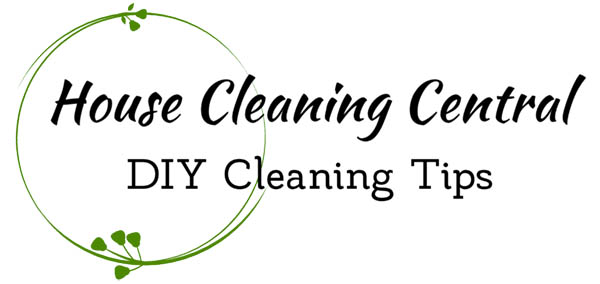Cleaning the Shower Floor

Cleaning the Shower Floor
The shower floor is one of those places in the home that you have to take good care of or it just gets worse and worse until it becomes a major project.
Not surprisingly, the best time to clean a shower is right after you’ve taken one. The shower has gotten a good hot soaking and is ready to be cleaned.
Here are some ways to clean a shower floor quickly and easily that should save you time and energy and a whole bucketful of elbow grease!
Select your cleaning solution and get your gloves and a plastic bristled brush and lets “go to town.” We’re going to work through the dirt, grime and soap scum build up in no time flat.
Cleaning with Baking Soda and Vinegar
The benefits of cleaning the shower with baking soda and vinegar goes on and on:
- Baking soda is an abrasive which helps to remove dirt and grime.
- Both baking soda and vinegar are deodorizers so musty smells won’t have a chance.
- Vinegar is an acid which makes the environment less hospitable to mold and mildew.
- Vinegar is a antibacterial and antiviral so the floor will be sanitized.
- Vinegar and baking soda are safe for you and the environment.
- Vinegar is a mild acid, it will break up and dissolve water spots caused by high levels of minerals naturally present in the water.
- Because vinegar and baking soda are safe, you don’t have to worry about rinsing it completely.
The one thing vinegar and baking soda will not do is bleach stains. So if you have deep down mold or mildew in the grout that does not come off with this cleaning solution, you can try removing that separately after the cleaning is done.
Soap scum will come off with scrubbing and the abrasiveness of baking soda helps with that. If you want a little extra power you can add a little dish washing soap, or even shampoo to help with breaking up grease.
- Sprinkle baking soda all over the shower floor.
- Dip a cloth or sponge in water and scrub.
- If there are spots from hard water, calcium, lime, rust or other minerals that you can’t remove, soak some paper towels in vinegar and let them sit on the spot for a while.
- Rinse the floor.
Removing Stains
If your shower floor happens to be porcelain, be careful not to use very abrasive cleansers or liquid cleansers.
Use more gentle cleansers, put some on a sponge or wet cloth and wipe away the dirt. Use a synthetic scouring pad – not a metal one – to get rid of the tough grime.
For stains:
- Make a paste of 50/50 cream of tartar and hydrogen peroxide.
- Place the paste on the stain.
- Let it sit undisturbed for 30 minutes.
- Scrub the stained floor with a plastic bristle brush.
- Rinse very well.
Heavy Duty Cleaning
If the shower floor really needs a good scrubbing we can add ammonia to your cleaning arsenal. Ammonia is highly alkaline, so make sure you wear gloves, eye protection, and a facial mask. Open the windows and turn on the bathroom fan too as the smell is very strong.
If you don’t pay attention to any other warning, pay attention to this: Never, ever, mix ammonia and bleach. The combination of the two liquids produces a toxic gas. Breathing the gas is HARMFUL.
If you have any cleaning solutions still remaining on the shower floor, make sure it is rinsed off completely before trying another.
Ammonia and Baking Soda
- 8 cups of water
- 1/2 cup of ammonia
- 1/2 cup baking soda
If you have an old milk jug, you might want to reuse it. If you do, rinse it out completely before mixing these ingredients.
- Add 1/2 of the water to the jug.
- Pour in the ammonia and the baking soda.
- Put the lid on the milk jug and shake to combine all ingredients.
- Add the rest of the water and shake again.
If you want a little more scrubbing power, you can add a little more baking soda.
Wear rubber gloves and make sure the bathroom is well ventilated. Scrub the floor with a sponge or a plastic bristle brush. Wear eye protection to avoid getting the chemicals in your eyes. Rinse with water and wipe dry with an old towel.
Keeping The Shower Floor Clean
- Always wipe down the floor and walls of your shower stall with a towel after you shower and/or a squeegee. This will keep mold from growing.
- Spray shower floors, walls and curtains with a white vinegar and water solution or just plain white vinegar and let it dry.
- Don’t close shower curtains or stall doors while the shower floor or surround is wet.
- Spray a solution of vinegar and water and scrub with a nonabrasive scrub and it will remove hard water and soap scum on the shower floor as well as the shower surround.
- If the weather allows, always open a window until the bathroom dries well after cleaning. As mentioned before, mold, as well as fungus that can cause foot infections, can be a problem in the bathroom and keeping the humidity in the room down will help keep mold and fungi from growing on the shower floor and everywhere else.

